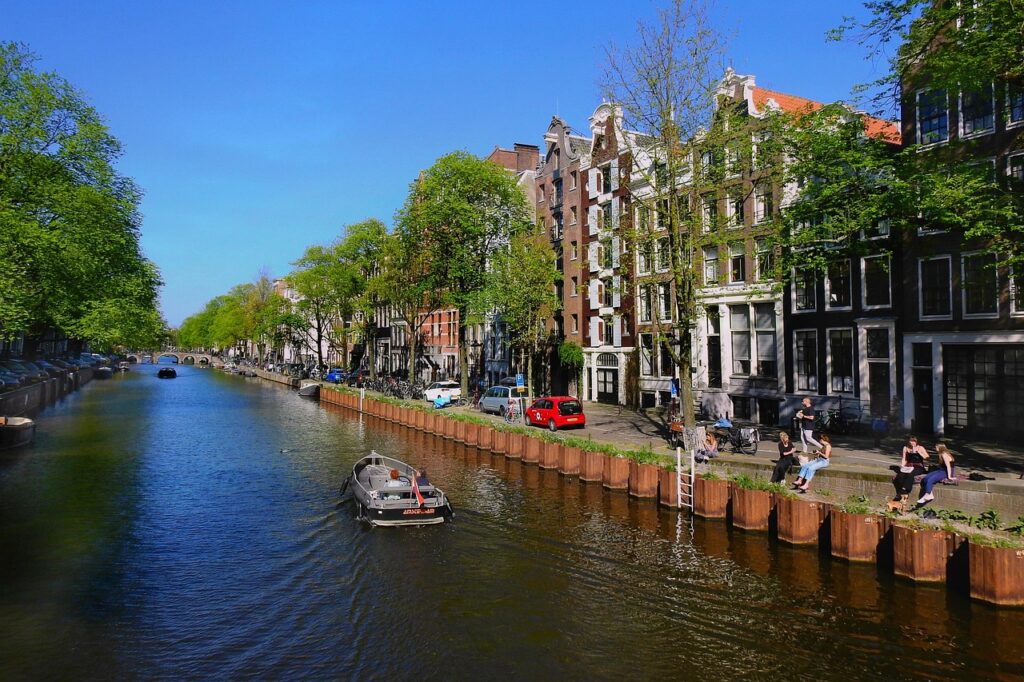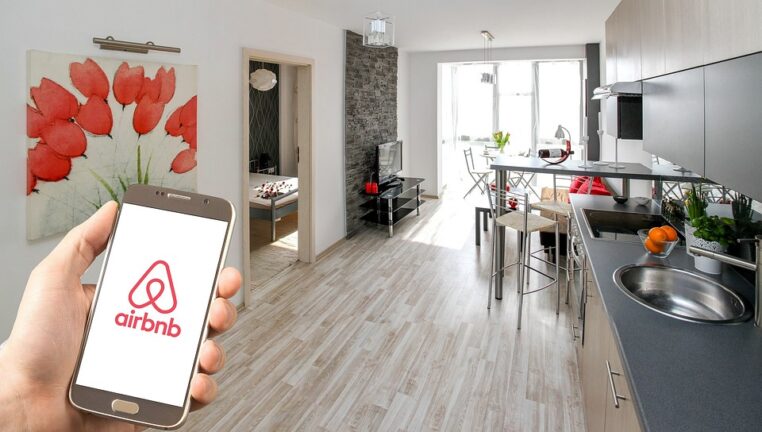Though EU-wide rules for short-term rentals will come into force only in May 2026, many touristy places have already imposed own regulations. The main reason is protection of the housing market.
Skyrocketing rentals, overtourism, or “chasing“ locals from central parts of attractive cities. These are just some of the most frequented complaints against the growing market of short-term rentals in Europe that have already turned some places into tourist zones.
New EU legislation that allows member states to tighten control over short-term rentals, improve transparency, and collect appropriate taxes in a more efficient way, will become effective only in mid-2026. Where national legislation allows, however, Booking, Airbnb, and similar platforms face already tight local regulations. Examples show that it works.
“Housing is not a business”
In Vienna, one of the most attractive European cities, apartments can now only be rented out for up to 90 days per year, the owner must have a special permission. If someone wants to rent for longer, the owner needs a special permit plus an approval from all co-owners of the building – which is hardly realistic.
The Viennese authorities see positive outcomes. “We believe that housing is a basic right, not a business (…) You still can rent out your home while you’re away, but turning whole buildings into tourist rentals is now prevented,” said Kathrin Gaál, Deputy Mayor and Executive City Councillor for Housing of the City of Vienna for EU Perspectives.
You might be interested

Authorities in Vienna often receive complaints from citizens and in case of suspicion of breaching rules a special building inspection body acts swiftly. As an example, two illegal hotels have been uncovered recently and there have already been hundreds of investigations resulting in penalty requests on the grounds of misuse. The maximum fine can be up to 50,000 euro per apartment.
Berlin: Thousands of apartments are back
Similar voices are coming from the German capital. “The purpose of the regulation (of short-term rentals) is to protect housing (…) Apartments may not be rented as holiday homes without permission, the maximum period is three months per year,“ says Anett Seltz, press officer of Berlin Senate.
Numbers on the table are impressive. According to Seltz, 8,105 vacation apartments have been returned to the housing market in Berlin since the latest regulation has come into force.
The purpose of the regulation (of short-term rentals) is to protect housing. Anett Seltz, press officer of Berlin Senate
And expectations are even higher. “With the future obligations of the provider platforms to make data available to the administration, a possible unreported figure can be addressed more effectively,“ says the press officer.
Amsterdam: 15 days per year as a maximum
In the Dutch capital, guidelines regulating the short-term rentals are already among the strictest in all of Europe – and the city authorities want to go even further.
The apartment or houseboat (there are many of them floating on the canals in Amsterdam) intended for rent must be owner’s main residence. Registration in a special database plus a permit (to be renewed every year) are required, at an annual cost of 73 euro.

Fines imposed on those who do not comply are high. As an example, renting out a property without permission would result in a penalty of 1,500 euro the first time (3000 euro in case of commercial rental). If owners, however, do not comply with multiple conditions for holiday rentals, the fine can reach a maximum of 10,300 euro.
Prague hopes for better control and fair competiton
In the Czech Republic, national parliament currently debates new legislation that will implement the EU regulation of online accommodation platforms. In Prague and other cities and towns, there is so far little to speak about in terms of short term rentals control.
“Prague is every year visited by millions of tourists and when it comes to Airbnb regulation, inspiration for us comes from Vienna, Amsterdam, and other European cities where local regulation is already in place,” said for EU Perspectives Jan Wolf, head of Committee for Culture, Heritage, Exhibitions, and Tourism at Prague City Council.

The city government in Prague hopes that implementing the new EU-wide rules will contribute to fair competition. “Hotels and guest houses, unlike Airbnb and the like, currently have a number of duties that must be performed – and these cost both time and money. The new legislation will bring a fair environment into the hospitality business,” says Wolf.
Once online accommodation platforms and the renters themselves will have to cooperate in terms of reporting, it should also help in terms of tourism management. “In this way, we will get a more realistic picture regarding the number of visitors or their nationality. Such information will allow for better planning,” thinks Wolf.











